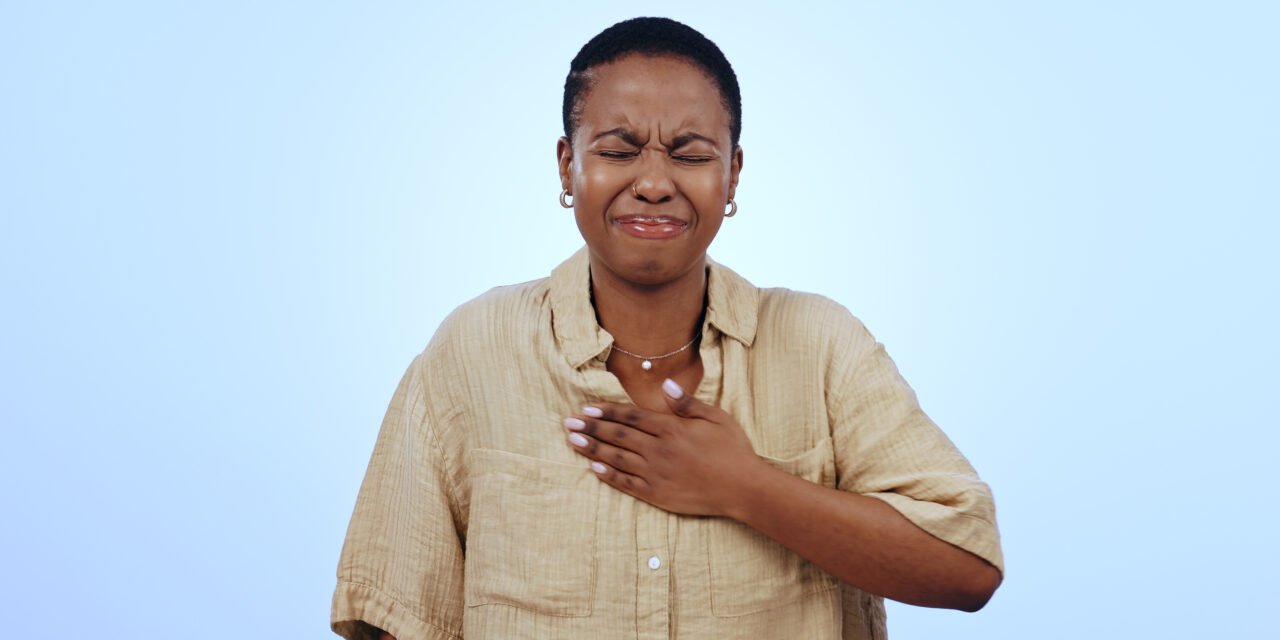From Reflux to Risk: Heartburn and Esophageal Cancer

UBMD Surgery is Offering a Test for Early Detection
By Annette Pinder
Esophageal cancer is among the deadliest cancers in the U.S., and if you frequently experience heartburn, acid reflux, or GERD (gastroesophageal reflux disease), you could be at risk. Heartburn happens when stomach acid leaks into the esophagus, irritating its lining. Over time, this irritation can cause changes in the cells that may lead to precancerous conditions and, in some cases, esophageal cancer. Even if you take medication for your symptoms, the disease can still develop. Esophageal precancer, known as Barrett’s esophagus, includes metaplasia (early precancer) and dysplasia (more advanced precancer). When detected early, Barrett’s esophagus can be monitored closely or treated to prevent esophageal cancer.
UBMD Surgery now offers EsoGuard, an innovative, non-invasive in-office test designed to detect abnormal cells in the esophagus associated with Barrett’s esophagus and esophageal cancer. For patients hesitant to undergo an upper endoscopy (EGD), EsoGuard provides a quick and non-invasive alternative for identifying cellular changes caused by chronic acid reflux or inflammation. EsoGuard adheres to the American College of Gastroenterology’s guidelines for Barrett’s esophagus screening and is performed using an FDA-cleared device called EsoCheck.
Here’s how the EsoGuard test works.
A crucial screening option for people with a history of heartburn, GERD, or other risk factors for esophageal cancer, EsoGuard is quick, painless, and done in the office by trained healthcare providers.
- You swallow a tethered balloon capsule roughly the size of a vitamin tablet, which gently inflates to collect cells from the lower esophagus. It’s quick (the cell collection takes about 3 minutes), non-invasive, and you can return to your normal activities immediately afterward. The collected cells are then sent to the Lucid lab for analysis.
- Test results, whether positive or negative, are typically returned within 2 to 3 weeks. Clinical trials indicate that most patients find the capsule easy to swallow and would recommend the test to others.
Expert Insight from UBMD Surgery.
“While traditional upper endoscopy remains the gold standard — especially for patients already diagnosed with GERD or Barrett’s — EsoGuard is an excellent screening tool for those at increased risk of esophageal cancer, even if they only experience occasional heartburn,” says Dr. Steven D. Schwaitzberg, Chair of UBMD Surgery. A positive EsoGuard result indicates the presence of abnormal cells, which should be followed up with an endoscopy and biopsies for further evaluation.
Risk Factors for Esophageal Cancer
- Male gender
- Age over 50
- White ethnicity
- Tobacco smoking (past or present)
- Obesity
- Chronic heartburn or GERD
- Family history of Barrett’s esophagus or esophageal cancer
If you have one or more of the risk factors listed above, early screening could help. Learn more about EsoGuard at https://www.esoguard.com. To schedule a consultation, contact UBMD Surgery at 716-833-7112.









